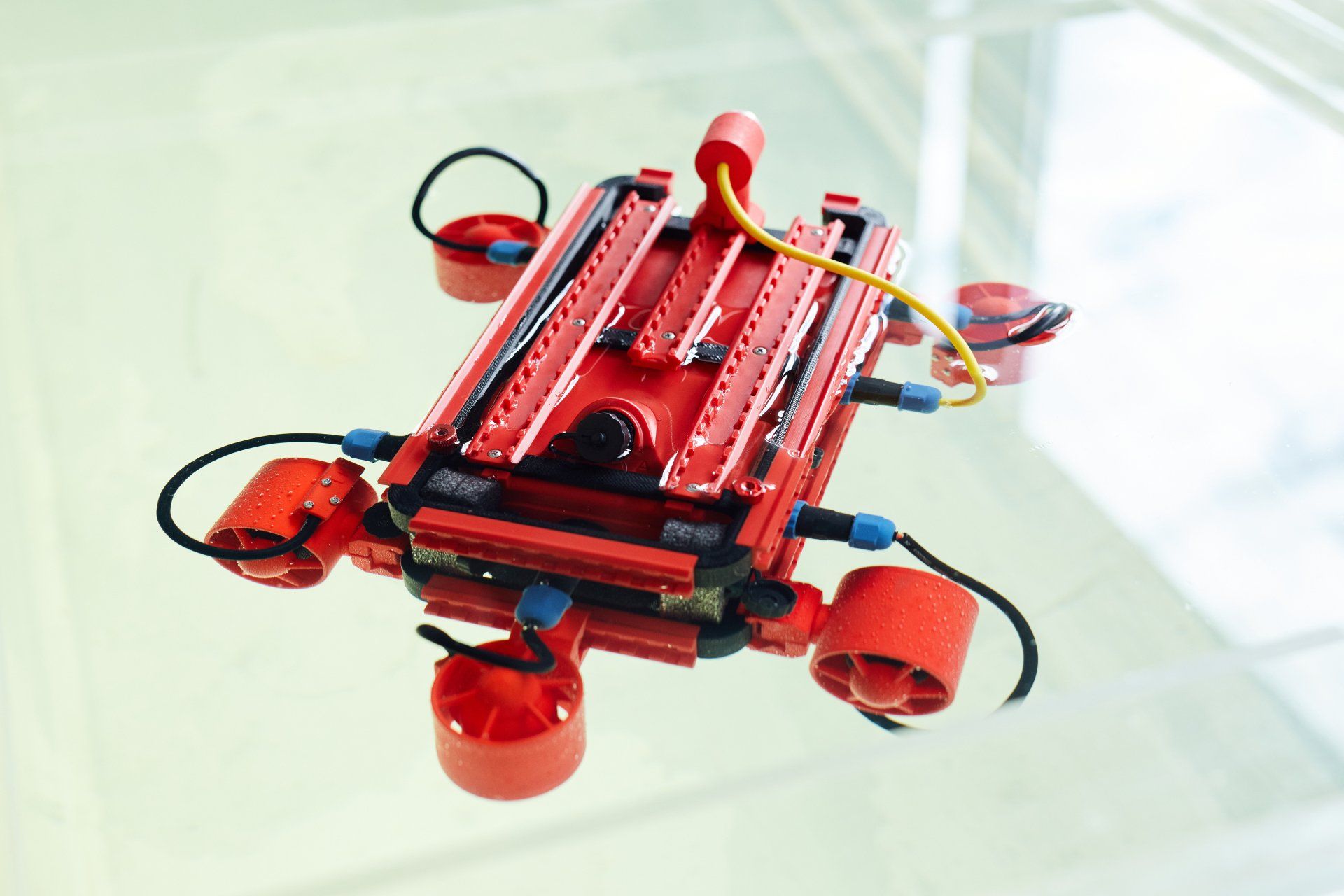Hyperautomation is a technology that enables organizations to automate complex business processes with greater accuracy and efficiency, and aids in digital transformation. It has evolved the way businesses operate by streamlining their operations, enhancing customer experience, and reducing operational costs.
We explore what hyperautomation is, how it works, its benefits, and some real-life examples of its implementation in various industries.
What is Hyperautomation?
Hyperautomation is an advanced form of automation that leverages artificial intelligence (AI), machine learning (ML), and other cutting-edge technologies to automate complex business processes that were previously done manually. It goes beyond traditional robotic process automation (RPA) by offering end-to-end automation solutions that integrate with existing systems, enhance decision-making capabilities, and provide insights for continuous improvement.
Hyperautomation works by using AI algorithms to analyze and understand the underlying processes of a business. These algorithms can identify patterns and relationships in data, recognize different types of documents, classify information, and automate tasks based on predefined rules. By leveraging machine learning techniques, hyperautomation solutions can adapt to changing environments, learn from experience, and improve over time.
What are the benefits of Hyperautomation?
There are several benefits of implementing hyperautomation in an organization.
- It improves efficiency by automating repetitive tasks, reducing errors, and speeding up processes.
- It enhances accuracy and quality by eliminating human errors, ensuring consistency, and providing real-time insights.
- It lowers operational costs by reducing the need for manual labor, minimizing paperwork, and optimizing resource utilization.
- It enables organizations to focus on their core business activities while automating non-core functions
Hyperautomation in action
Hyperautomation is being implemented in various industries to streamline operations, enhance productivity, and improve customer experience. Here are some some use case examples:
1. Banking and Finance:
Banks can use hyperautomation to automate loan processing, account opening, and other financial transactions. This reduces the turnaround time, minimizes errors, and improves customer satisfaction by providing faster service.
2. Healthcare: Hyperautomation can be used in healthcare to automate medical billing, claims processing, and patient record management. This ensures accuracy, efficiency, and better patient care.
3. Manufacturing:
In the manufacturing industry, hyperautomation can be used to automate production processes, quality control, and inventory management. This reduces waste, enhances productivity, and improves supply chain management.
4. Retail: Hyperautomation can help retailers automate order processing, inventory management, and customer service. This enables them to offer personalized experiences, improve response times, and increase sales.
5. Legal Services: Law firms can use hyperautomation to automate document review, contract analysis, and other legal processes. This reduces the time spent on manual tasks, improves accuracy, and enhances decision-making capabilities.
Hyperautomation is transforming the way businesses operate by offering end-to-end automation solutions that integrate with existing systems, enhance decision-making capabilities, and provide insights for continuous improvement.
When your team leverages AI and ML technologies, organizations can streamline their operations, reduce operational costs, and improve customer experience. As hyperautomation continues to evolve, we can expect it will play an increasingly important role in shaping the future of work and business operations. Schedule a demo today to learn how FlowWright can improve your processes.







